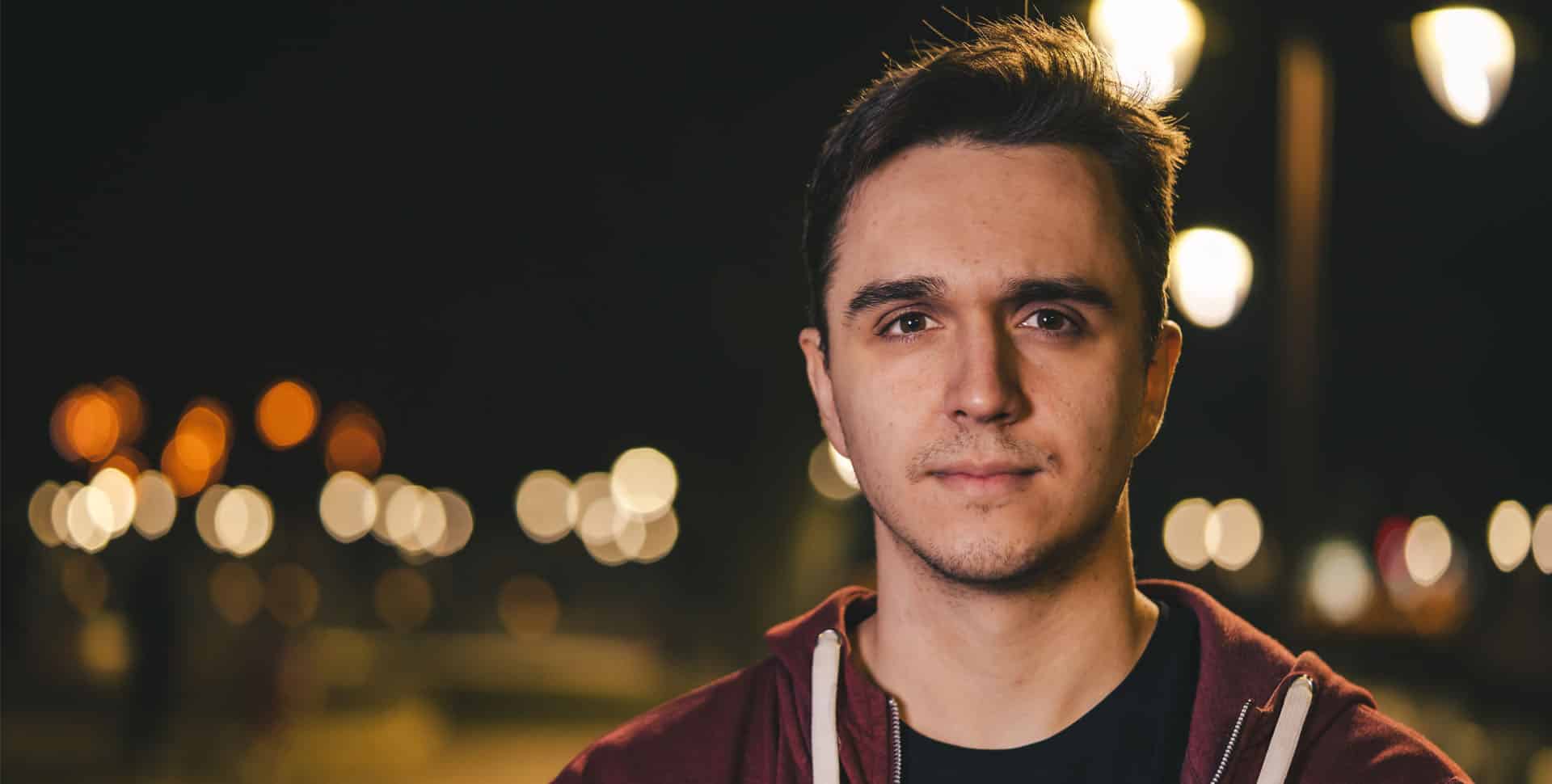When Luke* was growing up, he had everything he needed for a comfortable and happy life – a nice house, a good school, a fridge that was always stocked with food.
He had everything except for stability.
Luke’s mother struggled with mental health issues. His father struggled to cope with the demands of raising four children. Home was a stressful and frightening place to be.
Anger and violence flared up almost daily.
As he grew older, Luke avoided being at home whenever he could. By the age of 13, he had turned to drugs to dull the pain and trauma of his upbringing.
When he was 17, Luke’s father told him to leave.
“He kicked me out and changed all the locks on the doors,” he says.
“He told me that I wasn’t legally allowed on his property anymore and if I was caught, he’d charge me with breaking and entering.”
Luke packed as much as he could fit into a single duffel bag. For the next two years, he moved from couch to couch – often staying with people who, he says, weren’t a good influence on him.
His drug abuse grew worse. With no certainty from day to day, he had no idea how to fix his situation – how to find stable housing and continue his education or find a job.
“I was in a bad state,” he continues.
“Sometimes, I’d sneak in through the window of my dad’s house and sleep in my bed. It was a volatile time in my life.”
“It didn’t feel good – bouncing around other people’s houses.”
“I was grateful to have places to stay. But when you’re at someone else’s house – and in the condition I was in – every waking moment is painful.”
Luke’s mental health deteriorated and he was hospitalised three times.
For a long time, he was reluctant to tell the people closest to him about what was going on.
“I was ashamed. I didn’t want to bring them into my tornado of a situation.”
“I had in my mind that if I told them, they would walk out of my life. I was wrong.”
A friend reached out and offered him a place to stay at his grandmother’s property.
“He bought me some necessities too,” Luke says. “He was generous. If it weren’t for him, I don’t know where I would have ended up.”
Luke eventually took the step to enter rehab and he continues to work on his recovery.
He stayed with his older sister for a couple of weeks after rehab, and she helped him find a more permanent place to stay.
Although Luke’s couch surfing years are behind him, he still feels the effects of being without a secure home for such a long time.
“Living that way hurt my mental health,” he explains. “I still suffer from anxiety, depression and a sleep disorder.”
Luke says that he wishes society was more aware of youth homelessness, and how young people can find themselves couch surfing not just for days and weeks, but for years on end.
“So many people have said to me, ‘But you never see young people living on the streets’,” he says
“Teenagers aren’t the demographic that comes to mind when people think ‘homeless’. I was always on someone else’s couch. I would never be out in the open.”
“I used to feel shame and guilt about my story, but when you hear someone else say they experienced the same things, it makes you feel so much better – to know you’re not alone.”
Join us in standing up against youth homelessness this April. Sign up for The Great Couch Sleepout now.
*Name changed to protect the identity of the young person.

